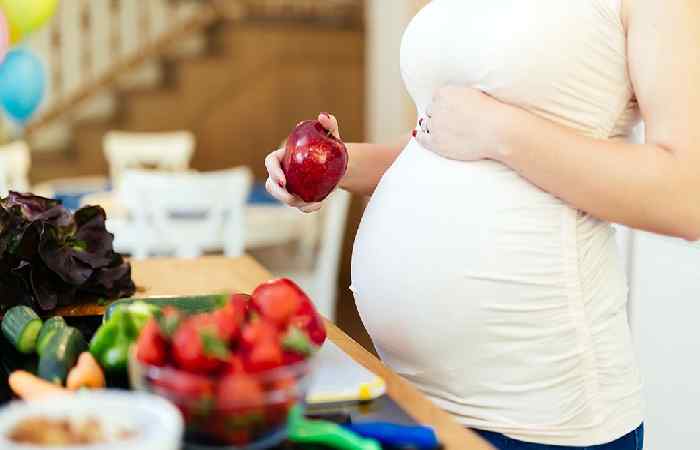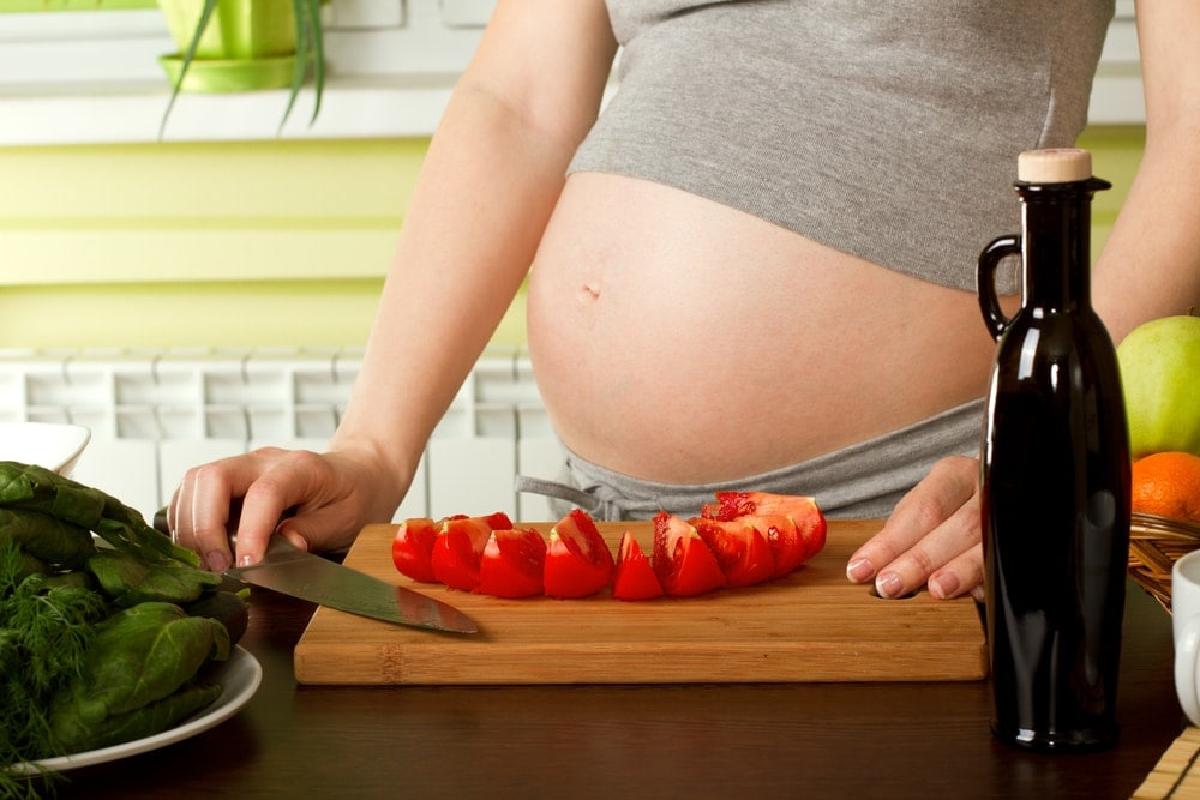Nutrients and Pregnancy
Eating well is one of the best things you can do throughout pregnancy. Good nutrition helps you handle the extra demands on your body as your pregnancy progresses. The goal is to balance getting sufficient nutrients to keep your fetus’s growth and maintain a healthy weight.
During pregnancy, you have essential folic acid, iron, calcium, choline, vitamin D, omega-3 fatty acids, B vitamins, and vitamin C. All nutrients are important, but these six play a crucial role in your baby’s growth and development during pregnancy:
Folic acid.
Iron.
Calcium.
Vitamin D.
DHA.
Iodin
Table of Contents
Why Nutrients During Pregnancy?
- Nutrients and Pregnancy: When you are pregnant, nutrition is more important than ever. Choosing healthy foods every day will help give your baby what she needs to thrive. It will also help you and your baby gain the right amount of weight.
- Nutrition is about eating a healthy and balanced diet so that your body gets the nutrients it needs. Nutrients are substances found in food that the body requires to function and grow. These include proteins, carbohydrates, fats, vitamins, minerals, and water.
- During pregnancy, much of what you eat passes to the baby. Therefore, it is essential to adopt good eating habits and healthy lifestyle habits an overview of the nutrients needed early or even before pregnancy.

Special Nutrients With Food During Pregnancy
1. Vitamin B9
It is also called “folic acid” or “folate,” vitamin B9 is essential for the proper development of the embryo’s nervous system. During pregnancy, the level of vitamin B9 decrease. This decrease makes it challenging to increase the folate requirement in the fetus.
In addition to dietary supplements for vitamin B9, this nutrient is in orange fruits and dark green vegetables (fresh or canned), chickpeas, and cheese. It is also in lower levels in meat and fish.
2. Omega 3
Omega-3s are good fats that play an essential role in developing brain cells and eyes. The ideal is to consume both omega-3 and omega-6. However, modern diets are generally high in omega-6s, so it is essential to restore the proper balance with products that contain omega-3s.
It is in fatty fish such as herring, mackerel, fresh sardines, tuna, trout, shellfish, especially cooked oysters, dried fruits, walnuts, hazelnuts, pistachios.
3. Iodine
Iodine is essential for the development of a baby’s brain. Needs increase during pregnancy. Iodine deficiency can cause thyroid disorders in mother and child.
It is seen naturally in fish and some shellfish, after good cooking, in shellfish, mussels, cod, mackerel, tuna, herring, sardines. Iodine is also in milk and dairy products, eggs, and of course, iodized salt.
4. Iron
It is an important element throughout pregnancy and particularly during the second and third trimesters. Iron allows red blood cells to carry oxygen from the mother’s lungs, throughout the body, and to the fetal body through the placenta.
A varied diet rich in iron before pregnancy allows you to build up a sufficient essential reserve. It is in blood sausage, the heart, but avoiding the liver, In red meat, veal, lamb, game, poultry, chickens, turkeys, ducks.
5. Calcium and Vitamin D
Calcium is necessary for building a baby’s skeleton. From week 28 it enters a period of solid growth. Therefore, an intake of calcium is necessary for the excellent strength of your bones and your future teeth. Sufficient consumption also enriches breast milk with this substance.
It is found mainly in dairy products: milk, yogurt, cottage cheese, cheeses, green leafy vegetables, spinach, watercress, mineral waters rich in calcium, oleaginous fruits.
Vitamin D will help promote the absorption of calcium present in the food consumed, increasing the capacity of the maternal intestine for this absorption.
Foods rich in vitamin D include herring, mackerel, salmon, trout.
6. Water
It contributes to the formation of amniotic fluid and the development of the placenta. During the second trimester of pregnancy, it makes it easier for nutrients to reach the cells.
Regular consumption reduces the minor inconveniences at the beginning of a pregnancy: nausea, constipation, or urinary tract infections. It is suggestable to drink 1.5 L of water a day.
How Much Weight Should Be Gain During Pregnancy?
How much weight to increase depends on your health and how much you weighed before you got pregnant.
Consult your healthcare professional to see how healthy it is for you to gain weight. It would help if you gained weight gradually during pregnancy and most of the weight gained in the last trimester.
Also Read: Jeggings – What are Jeggings?, Purpose, Importance, and More

